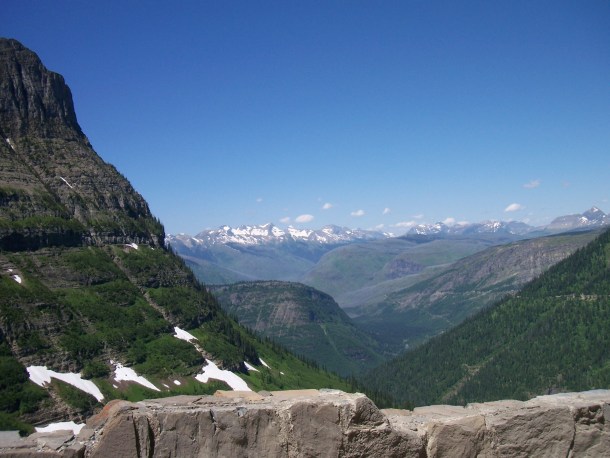Mary Oliver wrote the beautiful poem The Summer Day. She ended the poem with a question: “what is it you plan to do with your one wild and precious life?” Actually, she included several questions, which are not answerable in any certain way. Life is unpredictable, but what we want to do with it echoes Hans-Georg Gadamer who wrote “desire beyond wanting.” To me, this suggests we each aspire, perhaps can aspire, to something beyond simply knowing and planning. There is more to life than we can plan and predict, yet we can hope.
I think, as important, the question is about vocation and what calls us forward and animates each of our spirits. Thomas Merton and Parker Palmer write about how vocation and voice relate to one another and are how we express who we are in life. Merton goes so far as to say some of us are perhaps destined to search without discovering what calls us.
I wonder, “have we lost this sense of spiritual purpose in the early part of the 21st Century?” We look out there, read the newspapers, follow 24/7 news, etc. and feel deep despair and hopelessness, perhaps even disinterest to follow what beckons. I don’t say this lightly. Two incidents led me to wonder about this. First, at a recent community engagement conference, I was struck by how much despair filled the room. Second, in a private conversation with a parent, they commented how a child was struggling with what exists beyond our individual life. The child is experiencing a sense of despair over this. In part, this is exacerbated because the parents are atheists and feel unable to give guidance in a spiritual way. Finding our voice and who we are is more than an instrumental process of work. It goes beyond to the spiritual essence of who each are and how that brings meaning to our lives and the world.
In the latter setting, I emphasized the idea that we conflate religion and spirituality. One can be deeply spiritual and non-religious and non-theist. One can be religious and theist without being spiritual. The essence of spirituality is to find what calls to me and respond with the qualities of life I want to find in the world. I don’t think those in short supply, but, if we listen to the media, we come away with a different view. At the heart of this, might be the great existential questions poets, like Mary Oliver, ask us.
Who made the world?
Who made the swan, and the black bear?
Who made the grasshopper?
This grasshopper, I mean-
the one who has flung herself out of the grass,
the one who is eating sugar out of my hand,
who is moving her jaws back and forth instead of up and down-
who is gazing around with her enormous and complicated eyes.
Now she lifts her pale forearms and thoroughly washes her face.
Now she snaps her wings open, and floats away.
I don’t know exactly what a prayer is.
I do know how to pay attention, how to fall down
into the grass, how to kneel down in the grass,
how to be idle and blessed, how to stroll through the fields,
which is what I have been doing all day.
Tell me, what else should I have done?
Doesn’t everything die at last, and too soon?
Tell me, what is it you plan to do
with your one wild and precious life?
I include a lovely reading by Mary Oliver of this poem.





